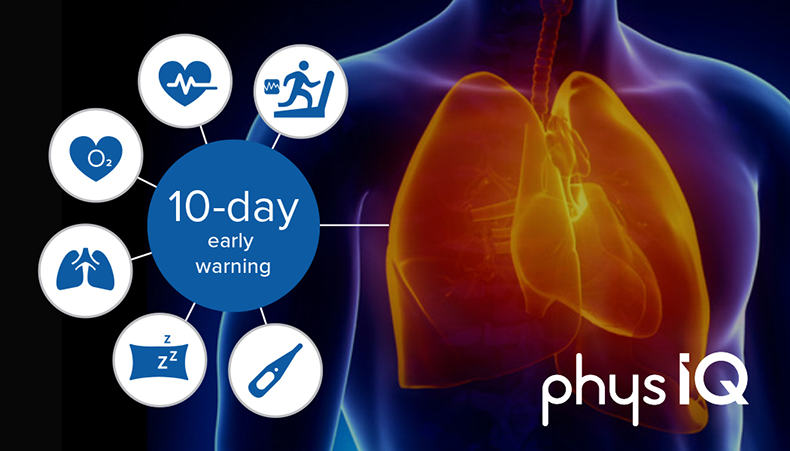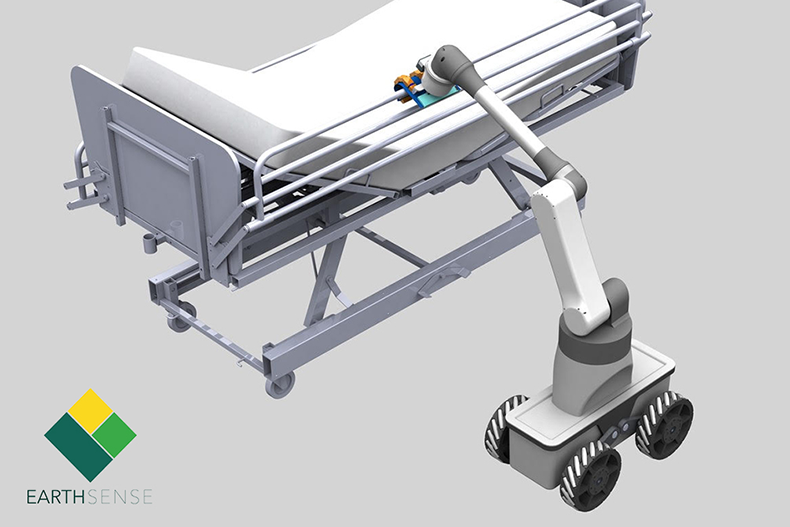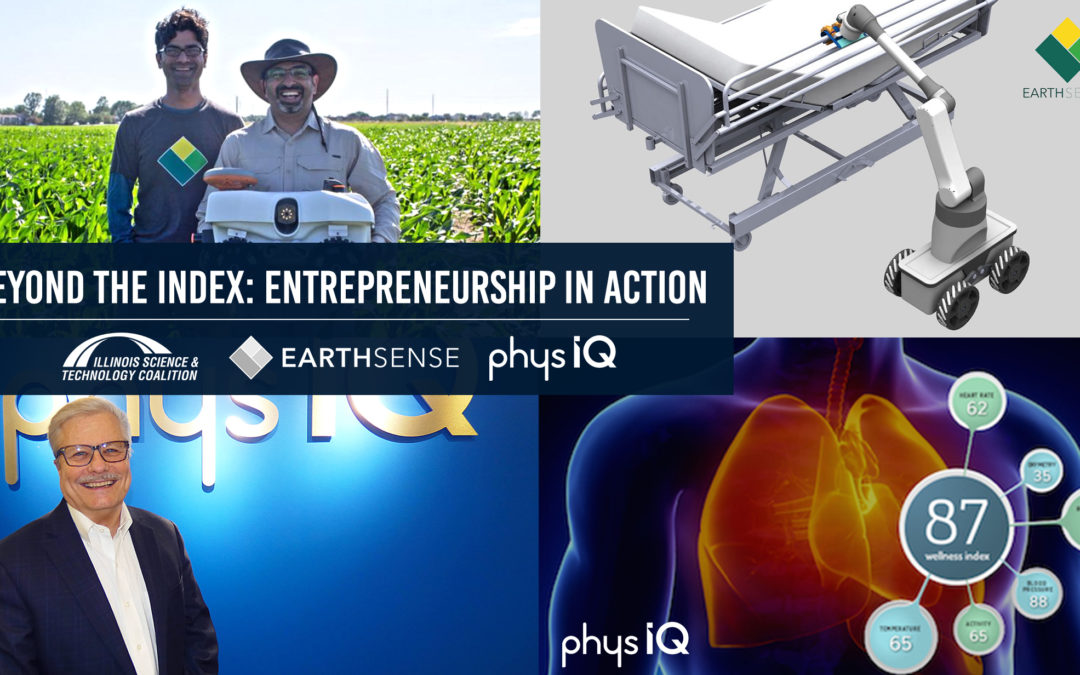How two university-supported startups are taking on COVID-19
in very different ways.
Last month, ISTC released its 2020 University Entrepreneurship Index, detailing record growth of Illinois’ university-supported startups. Over the past five years, entrepreneurs on Illinois’ campuses have created more than 1,000 new ventures, raising more than $1.4 billion in funding and creating 3,300 new jobs. This university-driven startup ecosystem is critical to growing both innovation and economic activity in Illinois.
During this global crisis, Illinois university-supported entrepreneurs are also developing new solutions to COVID challenges. In this Beyond the Index, we feature two university-supported companies taking on the challenge in very different, but impactful ways.
A special thanks to the Polsky Center for Entrepreneurship and Innovation at The University of Chicago, and the University of Illinois Research Park, for their contributions to this Catalyst. Read more about PhysIQ’s recent work here.
University-supported ventures in distinct technology areas
EarthSense is a University of Illinois spin-out that is building autonomous robots for a variety of applications. The company’s first robot, TerraSentia, uses a number of sensors to collect data on crop health, as well as machine learning-based analytics to convert this data into actionable insights for farmers. The company is also creating new autonomous robots for other applications.
PhysIQ is a digital health company backed by technology from Argonne and The University of Chicago that combines physiological monitoring with AI-based analytics to improve health outcomes for at-risk patients. The company’s remote monitoring technology tracks critical patient data, and can alert healthcare providers if a patient’s condition worsens.
Leveraging university resources
EarthSense was founded when University of Illinois engineering professor Girish Chowdhary and then postdoc Chinmay Soman partnered to apply their autonomous robotics research to agriculture. The company received a Small Business Innovation Research (SBIR) award to develop its first robot in 2018 and moved into the University of Illinois Research Park to further advance its technology.
PhysIQ was founded in 2011 as a spin-out of SmartSignal, a software company leveraging predictive analytics technology from Argonne National Lab and The University of Chicago to monitor mission-critical industrial assets. PhysIQ was founded by Gary Conkright—a graduate of UChicago’s Booth Business School and then CEO of SmartSignal. While leading SmartSignal, Conkright recognized the opportunity to apply monitoring and predictive analytics to improve health outcomes, and physIQ was born.

PhysIQ’s remote monitoring technology can provide early warning of a patient’s deteriorating condition. Image courtesy of physIQ.
Growth and technology development
EarthSense moved quickly once receiving SBIR funding to develop its autonomous robotic technology for agriculture. Coined TerraSentia, the robot uses visual cameras, LIDAR, GPS, and other on-board sensors to autonomously collect data on plant health. Using this data, EarthSense’s machine vision and learning based analytics seamlessly convert field data to specific, actionable information about plant-traits.
PhysIQ was awarded $2 million by the Veterans Administration (VA) in 2011 to develop a wearable device and study its use in a healthcare setting. The company also received funding from The University of Chicago’s George Shultz Innovation Fund to support its technology development. These studies, and more conducted since, have shown physIQ’s physiological monitoring works to provide advanced notice of a patient’s deteriorating condition.
Shifting to COVID-19
EarthSense continues to advance its autonomous sensing robots for agriculture, but also recognized their technology could be used for other applications. Given the current need, Earthsense is working to adapt its autonomous robots for cleaning in hospitals and public spaces. By reducing the need for sanitary workers, EarthSense’s robotic cleaning units can help lower the community transmission rates of COVID-19 and other infectious diseases.

EarthSense’s prototype autonomous cleaning robot. Image courtesy of EarthSense.
PhysIQ is applying its monitoring technology to detect even the most subtle changes in a COVID-19 patients’ physiology and offer early detection of complications. In May, physIQ began working with the Department of Defense to monitor COVID-19 patients and those at high risk of exposure by continuously monitoring their physiology, and sending real-time data to physIQ’s cloud-based platform.
What’s next?
EarthSense plans to further develop its prototype autonomous disinfecting robot working with faculty at the University of Illinois and additional SBIR funding. They are also working with a number of people in healthcare and healthcare technologies industries to help bring the disinfecting robots to market faster.
PhysIQ’s technology is helping clinicians and scientists understand the impact of COVID-19 in patents from contraction to recovery. The company plans to track thousands of patients and those at high-risk, helping healthcare providers determine which patients may require hospitalization.
During the global COVID-19 crisis, we need our entrepreneurs more than ever. EarthSense and physIQ demonstrate the ability of nimble, deep tech startups to pivot and create new solutions to challenges brought on by the pandemic. These startups are undoubtedly a key component of our nation’s response. However, startups advancing non-Covid related technologies will also play a vital part in our nation’s recovery. As such, these startups must be supported through new state and federal initiatives that recognize the important role of startups in our economy.

